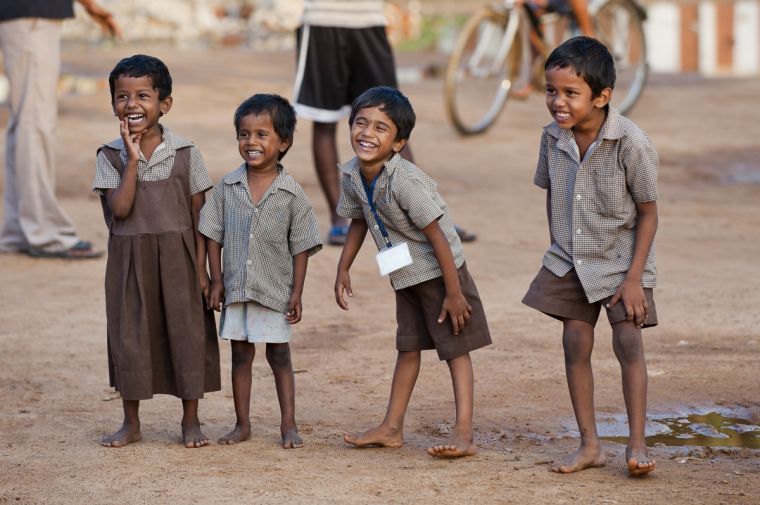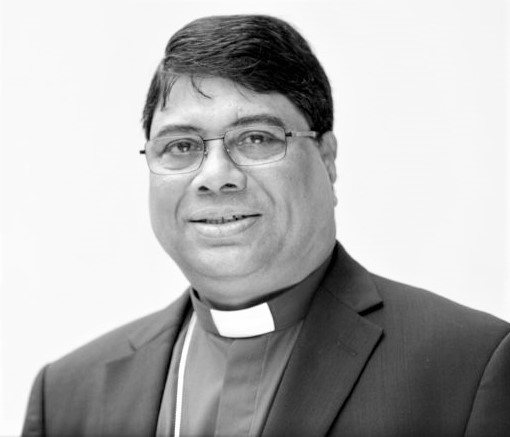Brutal rape of 8-year-old in India: It is time for the Church to speak, says bishop
Asifa Bano was, for several weeks after her death in early January, just another tragic victim of India's systemic rape problem, where more than 100 women are raped each day.
Now she is at the centre of a legal case that cuts to the core of India's religious and political tensions.

She is from the Bakarwals, a Muslim nomadic people group in north India. The eight men arrested are all Hindus and nationalists have used the case as a rallying cry, not for justice for Asifa, but for her alleged perpetrators.
Police officials say they have DNA tests linking the defendants to Asifa's death and also more than 130 witnesses, who 'unequivocally corroborated the facts that emerged', according to the New York Times.
However senior figures within the ruling Hindu nationalist Bharatiya Janata Party are pushing to have the case taken out of the state police's hands and handled by the government-controlled Central Bureau of Investigation.
Joseph D'Souza is the Moderator Bishop and the primate of the Good Shepherd Church of India.
He said that while the case highlights India's Hindu-Muslim religious tensions, a more widespread campaign from India's women is brewing.
There were 38,947 rape related cases in 2016 in India, according to the National Crime Record Bureau. This was a 12 per cent rise from 34,651 cases in 2015 meaning that, on average, more than 100 reported cases of rape every day.
'It is time for India to acknowledge it has a problem with how it treats women,' Bishop D'Souza told Christian Today.
'When there is any religious fundamentalism, and I am not just talking about Hindu fundamentalism, it ends up targeting women. India is getting polarised through all kinds of religious fundamentalism and women are now on the receiving end of any kind of anger,' he said.

'In any conflict that arises the women become the most vulnerable target. They are raped and killed. But it is not necessary to have conflict [for this to happen]. They are still raped and attacked.'
He called on Indian women to develop their own version of the #MeToo campaign highlighting abuse against women in Hollywood.
'Like the civil rights movement in America and other major social movements, Indian women must not let go and must take this fight to the men regardless of what religion or community or case they from.
'They must start holding men accountable for the degradation of women that is going on.'
However the church is not blameless in India, he said, pointing to the existence of dowries in the Church of South India which he said leads to abuse and needs to be 'thrown out on to the dung heap'.
Bishop D'Souza said it was 'unfortunate' in the church in India 'there is not a strong enough voice for gender equality'.
'I find that extremely troubling,' he said. 'Unless there is teaching on gender equality within the church then churches are not going to be clean when it comes to this broader problem [of the objectification of women].'
He added: 'I believe the church in India and also the church around the world needs to start speaking on this.
'The time has come for a major women's movement and the church in India must do everything it can to support women across religious dividing lines and making church were is no maintenance of inequality.'











